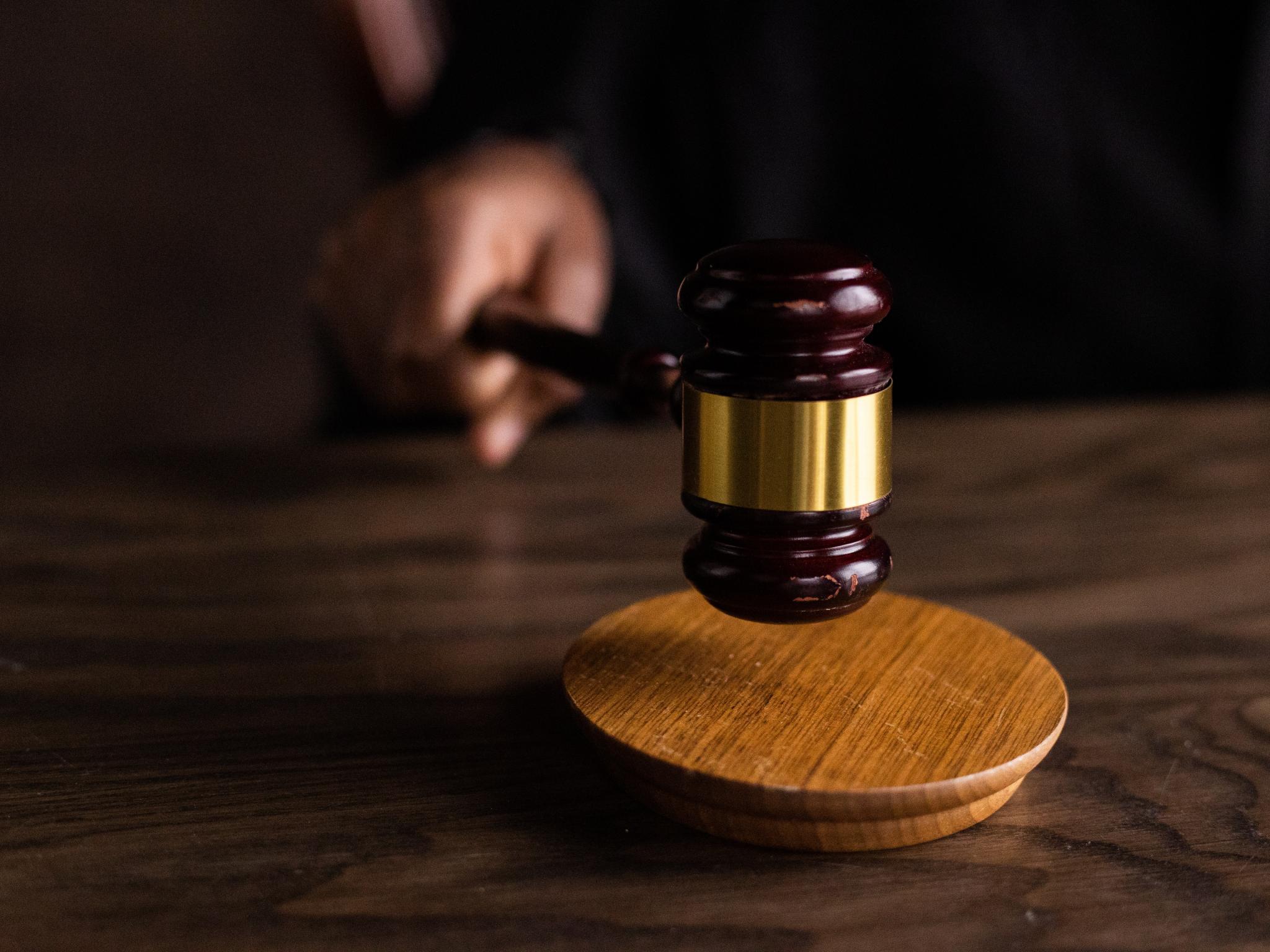
After the approval of the therapeutic usage of psychedelics by several Michigan cities, East Lansing lawmakers rejected a resolution that would have reduced the prosecution of people for growing, possessing and distributing psychoactive compounds like psilocybin and ayahuasca to the city’s lowest law enforcement priority.
Agreeing with city attorney Anthony Chubb, Mayor Ron Bacon said although he felt the resolution was “well-structured,” however it “ends up being very performative in a way” because it does not change overarching state laws that would continue to criminalize psychedelics, both of which are listed as Schedule I drugs in the U.S.
Other members pointed out that there haven’t been any reports on legal consequences for other cities in Michigan nor elsewhere in the country where psychedelics reform measures have been taken.
“I know great individuals who do well in our community, in our town, who use [psychedelics], and I don’t think any of those people should be caught up in the criminal system,” councilmember Dana Watson said. “We’re creating one more link in the chain…similar to the way that marijuana has been legalized.”
Active Reform Movement
The truth is, reform advocates have been extremely active in Michigan in the last couple of years. Decriminalize Nature Michigan and their partners are currently collecting signatures to place psychedelics legalization on the next state-level ballot in November. Julie Barron, co-director of Decriminalize Michigan, told Marijuana Moment that while advocates are “disappointed” in the outcome of the vote, the Council’s discussion overall represented a “step in the right direction. (…) The win here is that we had a powerful discussion and a strong educational moment in city government.”
East Lansing is the first city in Michigan where the psychedelics decriminalization project has failed. On the bright side, there was some discussion after the Council vote on revising the resolution to be less prescriptive about enforcement policies and more voice support for the statewide reform effort.
The Council of Hazel Park City approved a resolution that decriminalizes psychedelics, Detroit voters approved a ballot initiative to widely decriminalize psychedelics, the Ann Arbor City Council made enforcement of laws prohibition psychedelics among the city’s lowest priorities, and the Grand Rapids City Council approved a resolution supporting the decriminalization of a wide range of psychedelics.
Even more, within other states, psychedelics reform is being pursued in the legislature level as well as at the ballot box, with differing results so far: Colorado, Connecticut, Maryland, Georgia, Maine, to name just a few.
This general trend seems to be imposing all across the country. We’ll just have to keep tracking its advances and hope for a nearby solution that would allow the legal use of the therapeutic potential on psychedelics.
Photo: Courtesy of Ekaterina Bolovtsova on Pexels.







